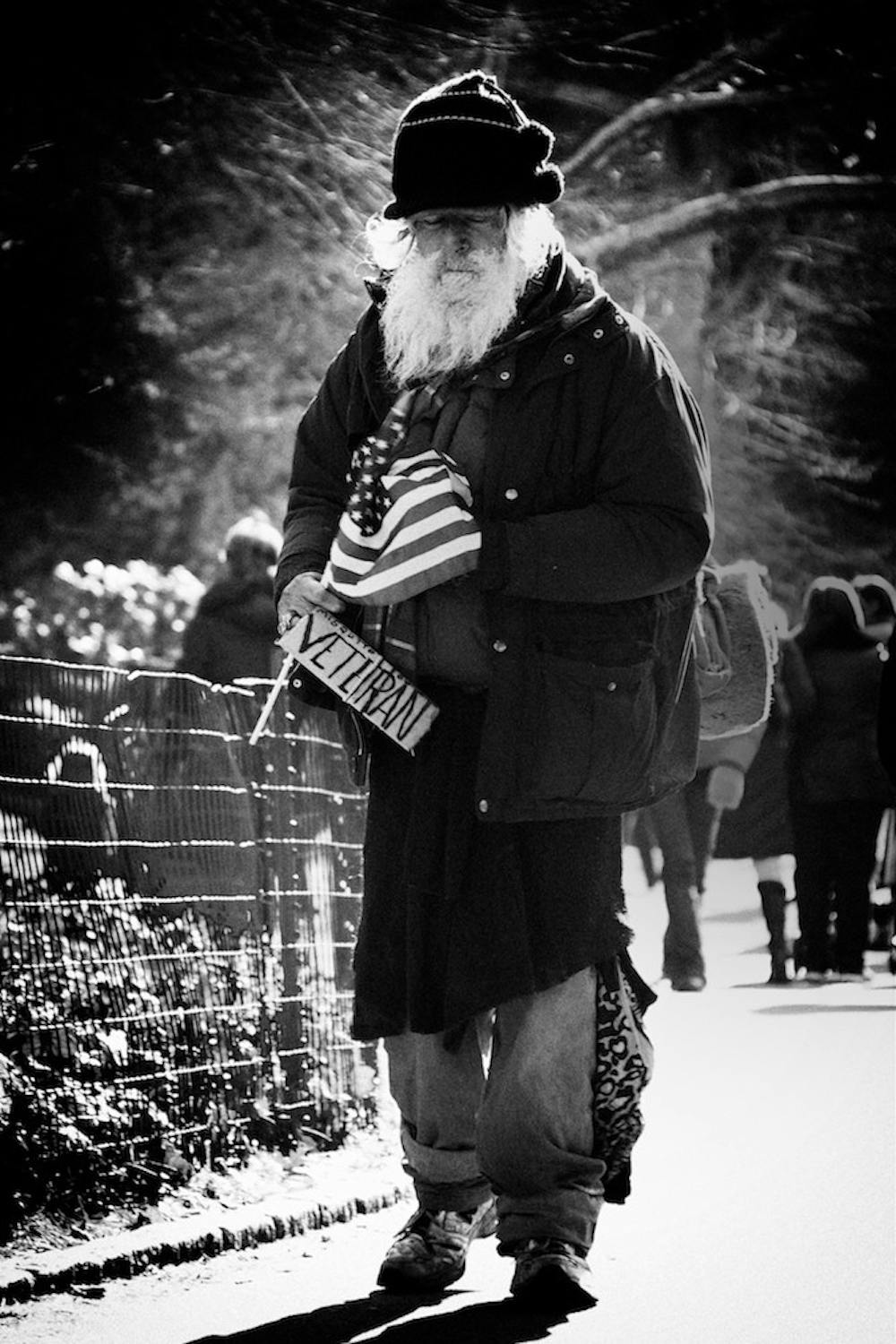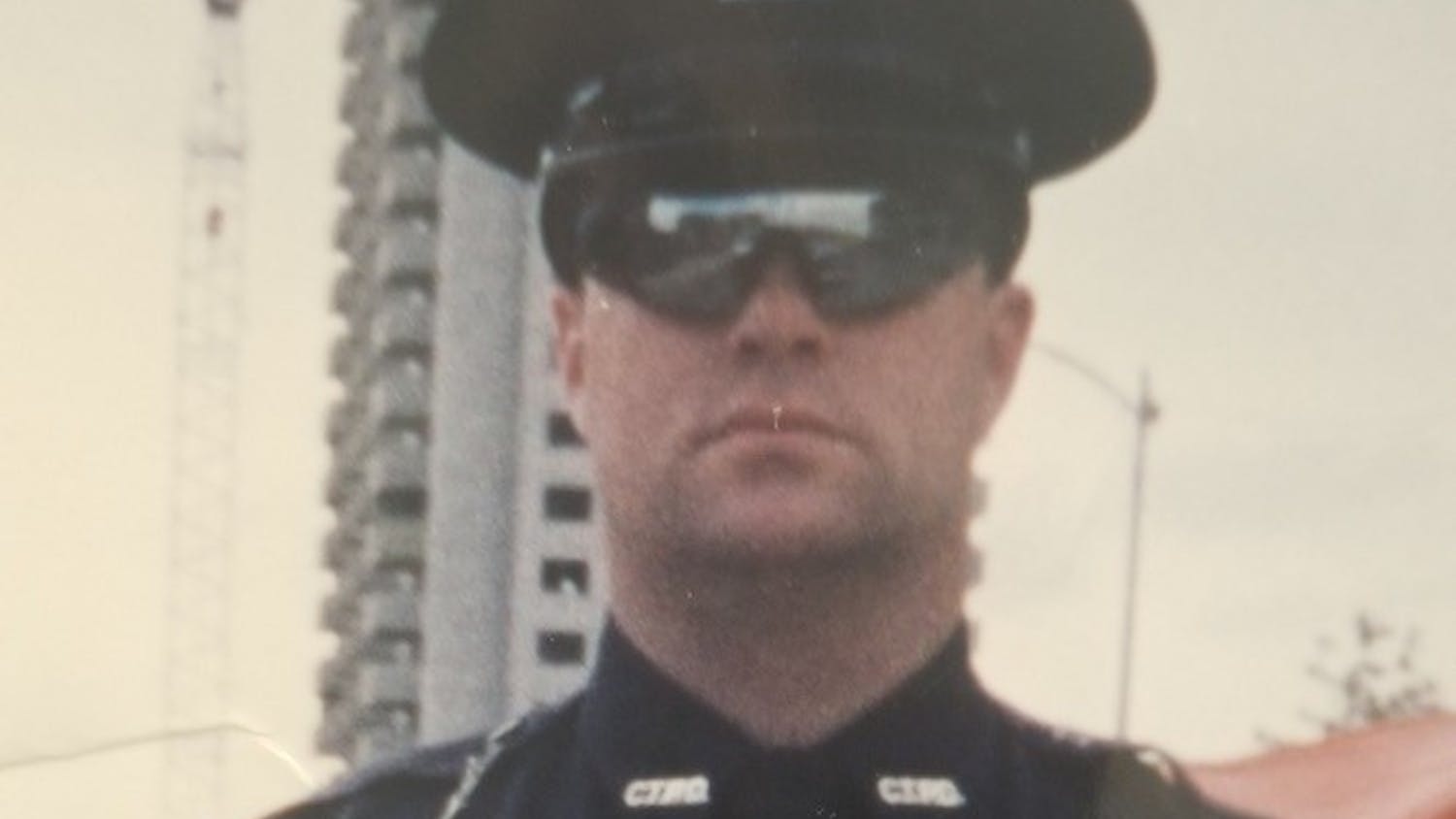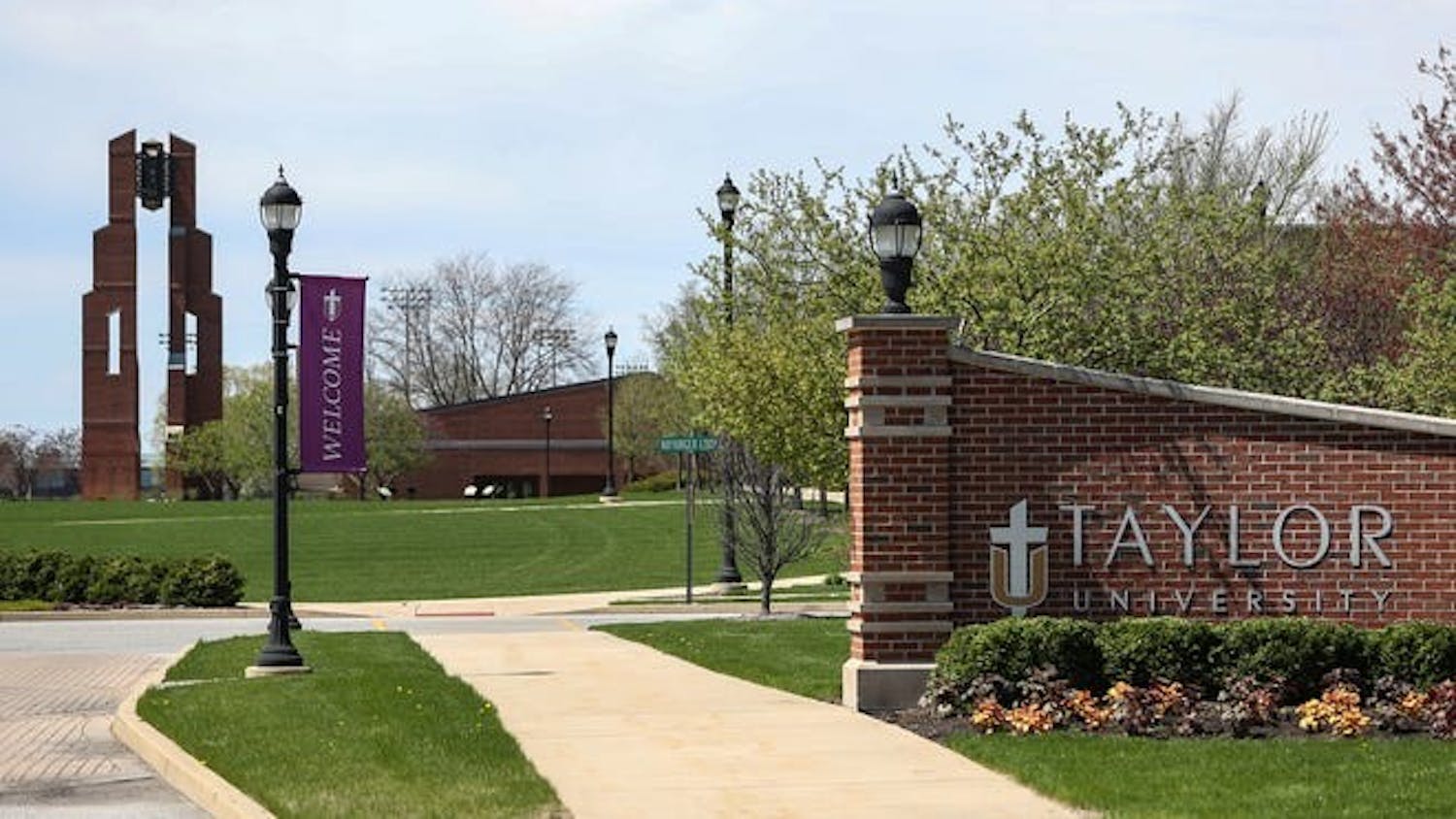With nearly 50,000 veterans experiencing homelessness every year, the U.S. has proven that it continues to ignore those who sacrificed their lives for their country.
Veterans should not be dealing with homelessness, lack of medical attention or any neglect whatsoever by the U.S. government. For years and years, the homeless veteran issue has been pushed aside by the government, but some officials are still working hard to give homeless veterans better lives.
On Sept. 16, Congressman Kevin McCarthy introduced a bill that could change the course of many homeless veterans’ current situation. The proposed bill would ensure that veterans would receive benefits such as support services and housing program vouchers.
McCarthy believes that the responsibility of helping service members transition to civilian life lies in the hands of elected officials like himself. Thanks to those like McCarthy, homelessness among veterans has decreased dramatically in the last decade, but the fight is long from over.
Currently, homeless veterans lack affordable housing, and suffer from issues such as poverty, income loss, mental illness, substance abuse and other health problems. To make matters worse, an additional estimated 1.5 million other veterans are currently at risk of homelessness.
“It’s so heartbreaking. They served our country and America should be taking better care of them. I feel like they’re overlooked,” said Adeline Gonzalez. From Daytona, Fla., Gonzalez noted that she sees homeless veterans quite frequently.
Seeing homeless veterans is always upsetting. It’s hard to believe that at one point in their lives, they were strong-willed, tough and put together. “I dehumanize them so that I’m not hurt by them, but when I sit here and think about it, it’s really sad and I think it should be more of a problem than it is,” said Abby McCormic.
In my own young adult life, I am able to recall numerous instances when I’ve spotted homeless veterans — their hats or jackets often hint at their years of service. Among those instances were several experiences with homeless veterans who were clearly mentally unstable.
Unfortunately, it is not uncommon to stumble upon a homeless veteran who is either physically disabled or mentally unstable. “I feel like I’m uninformed but personally feel like it’s really sad and I end up judging them,” said McCormic.
Not everyone is fully aware of what some of our former service members experience during and after their return to civilian life. The transition is not easy and often is the start down a very rocky road for many veterans.
When service members return to civilian life, they often find themselves fighting with PTSD due to their experiences or battling substance abuse in efforts to forget about the problems or struggles in their current lives or from their years served.
One major issue that veterans face is a horrible backlog of claims in the Veterans Affairs. This means that even if a veteran tries to find help through the government, they likely won’t receive any significant help in a timely manner.
Although the VA itself isn’t directly harming veterans, its lack of available, timely and consistent help most definitely is.
Even though there are programs in place through VA, they only reach about 40 percent of the homeless veterans. The National Coalition for Homeless Veterans even determined that the most effective programs for both homeless and at-risk veterans are community based/nonprofit efforts.
Although the Washington Post believes that the VA’s lack of help is actually a myth in their article, “Five myths about VA healthcare,” how does this explain the overwhelming number of veterans that aren’t currently being assisted?
In basic terms, the most efficient help for homeless and at-risk veterans is through other veterans, rather than the U.S. armed forces or the government. Knowing that veterans mainly rely on other veterans is disappointing and furthers the idea that the government is not doing their best to help veterans return to civilian life.
Of course, veterans will be much more sympathetic to homeless veterans because on some level, they understand the difficulties they are facing. While it is heartwarming to know that other veterans open their arms to homeless and at-risk veterans, it must be difficult for them to see their comrades in such dismay.
It shouldn’t be their job to help, even if they are willing. The U.S. government needs to be better to its veterans. “I think it is ridiculous how they can risk their lives and come back and be homeless,” said Nicole Brindle.
In Los Angeles alone, there are nearly 4,000 homeless veterans, and according to the Los Angeles Times, decreasing this number is slow and difficult work. In Los Angeles, veterans are becoming homeless just as fast as they’re finding places to stay.
“They deserve a home. I think it’s so sad because they fought for our country and I think that the government should provide housing for them,” said Emma West.
Even veterans who have received Veterans Affairs Supportive Housing vouchers still are unable to find homes. Just when the VA is beginning to provide what seems like sufficient help to veterans, something else comes into play and holds them back from assistance.
Homelessness among veterans has been and continues to be a major problem in the United States. More people need to be informed on what these homeless and at-risk veterans face when they return home after years of service, and the U.S. government needs to pick up major slack and prioritize its service members.





